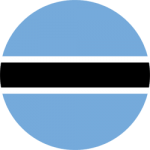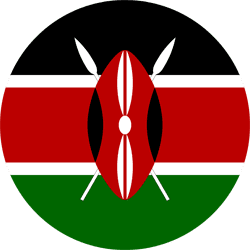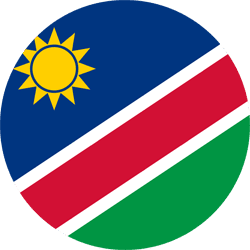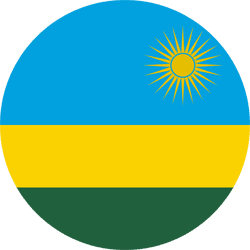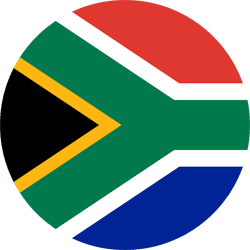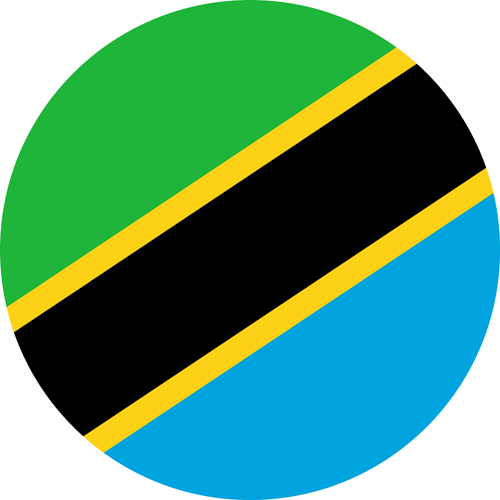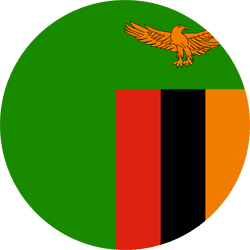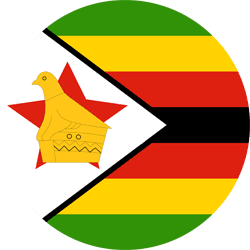Botswana
Botswana is a landlocked country surrounded by Namibia, Zambia, Zimbabwe and South Africa.
Full Name:
Capital:
Population:
Area:
Republic of Botswana
Gaborone (Maun and Kasane are both safari hubs)
2.46 million (2024)
581,730 sq. km
Botswana is one of Africa’s premier safari destinations, renowned for its stunning landscapes and world-class wildlife viewing. Thanks to its conservation-focused policies and early hunting bans, endangered species thrive across vast, mostly unfenced wilderness, guaranteeing unforgettable encounters with iconic animals.
Explore the channels and lagoons of the Okavango Delta, the Makgadikgadi Salt Pans with its ancient baobabs and Kalahari San Bushmen, and the Linyanti and Savuti regions of Chobe National Park, home to tens of thousands of elephants following ancient migration routes. Together, these regions offer a safari experience that only Botswana can deliver.
The country’s low-impact, high-value tourism policy has created some of the most exclusive lodges, camps, and private safaris in the world, with our guided mobile safaris provide the ultimate wilderness experience for discerning travellers seeking adventure.
Safe, stable, and accessible mainly by 4×4 or small charter planes, Botswana is the ultimate destination for those who want to experience Africa’s wildlife in its purest form.
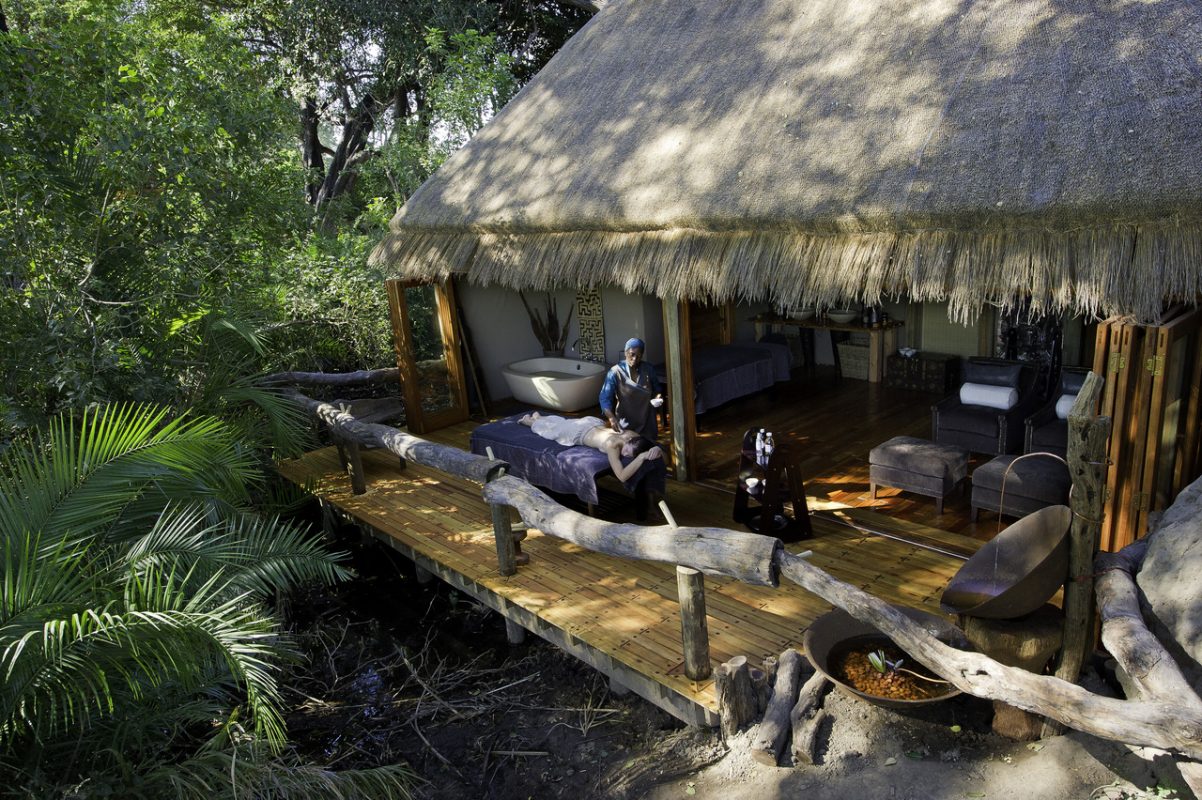
Best Time to Travel
The best time to travel depends on your interests, where you want to visit and why you’re travelling. Wildlife viewing at any of our Botswana camps is fantastic all year round, but each season has its own special charm – there simply is not one ‘perfect time’ to visit.
Autumn and winter (April – August) are excellent times to visit. Days are generally sunny and warm, and as the dry season sets in, wildlife congregates around water sources, making for superb game viewing. This period also coincides with school holidays in Britain, Europe, North America, and South Africa, so if you have a specific itinerary in mind, it is advisable to book early to secure your preferred destination.
June and October are the better times to travel to avoid the crowds.
Summer (December – March) many lodges/camps are closed; travel is very difficult as numerous roads are inaccessible due to heavy rains.
Climate and Seasonality
Summer (the Green Season) is from November to the end of March and usually brings very high temperatures (approx. 19 – 30ºC + / 66 – 89ºF +). It is also the rainy season and cloud coverage and rain can cool things down, although only usually for short periods of time.
The Winter Season (the Dry Season) begins in May and ends in August and during this time virtually no rain falls. Winter days are invariably sunny and cool to warm; however, evening and night temperatures can drop in some areas (approx. 8 – 26ºC / 45 – 80ºF).
The Transition Season April/ early May and September/ October – still tend to be dry, but the days are cooler than in summer and the nights are warmer than in winter.
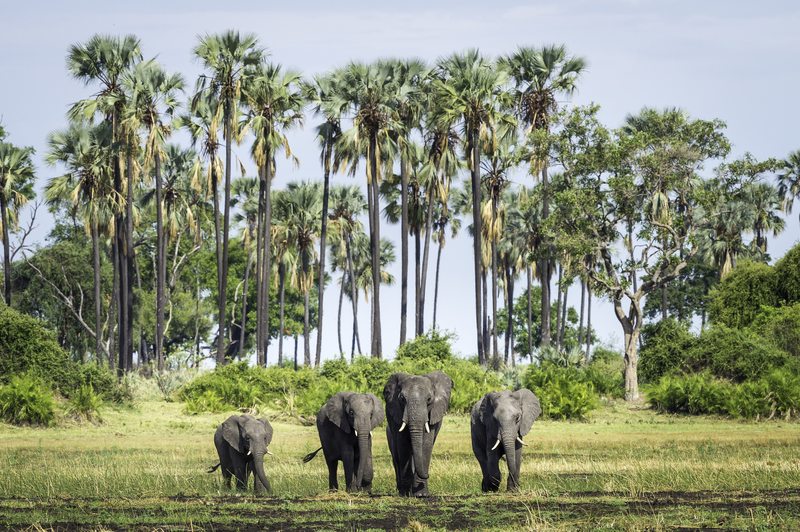
Currency and Foreign Exchange
Botswana banks, as well as Wilderness camps, only accept US Dollars, GBP Sterling, Euro and South African Rand in cash. MasterCard and Visa are usually accepted throughout Botswana, but Diners Club and American Express are not. The currency is the Botswana Pula (P).
Languages in Botswana
Setswana is the main language however; English is the official language.
Passports and Visa
Visitors to Africa must have a passport that is valid for at least 6 months beyond your intended departure date, together with onward travel documents, proof of accommodation and enough funds for the duration of your stay.
Please also ensure that you have enough blank visa pages (not endorsement pages) in your passport, with at least 2 consecutive/side by side blank pages. Our recommendation is 3 pages (or even 4 if you are travelling through more than one country on your journey).
Visas are the responsibility of the traveller. Those nationalities that require visas to enter Botswana may have to apply for these in advance; however, some nationalities are able to obtain these on arrival at the port of entry. Costs and requirements also vary depending on the nationality of your passport.
We recommend you visit the Botswana Embassy website for details of which countries either do or do not require visas: www.botswanaembassy.org which also includes the guidelines for completing the visa application should you require to have one.
For up-to-date travel information in Australia visit smartraveller.gov.au or the equivalent government travel website in the country of residence stated in your passport. Sasiani African Safaris is not responsible for the content thereof.

